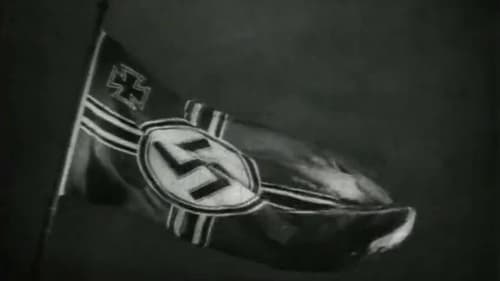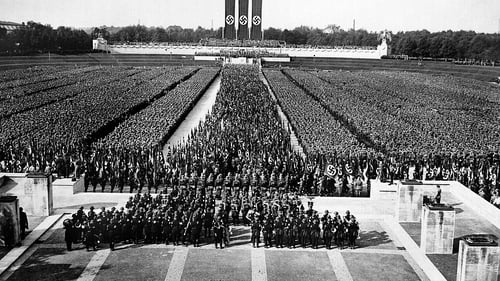Willy Zielke
Nacimiento : , Łódź, Poland
Muerte : 1989-09-16
Historia
Willy Zielke (Wilhelm Otto Zielke , born September 18, 1902 in Łódź , † June 16, 1989 in Bad Pyrmont ) was a German photographer, director, cinematographer, film editor and film producer.



